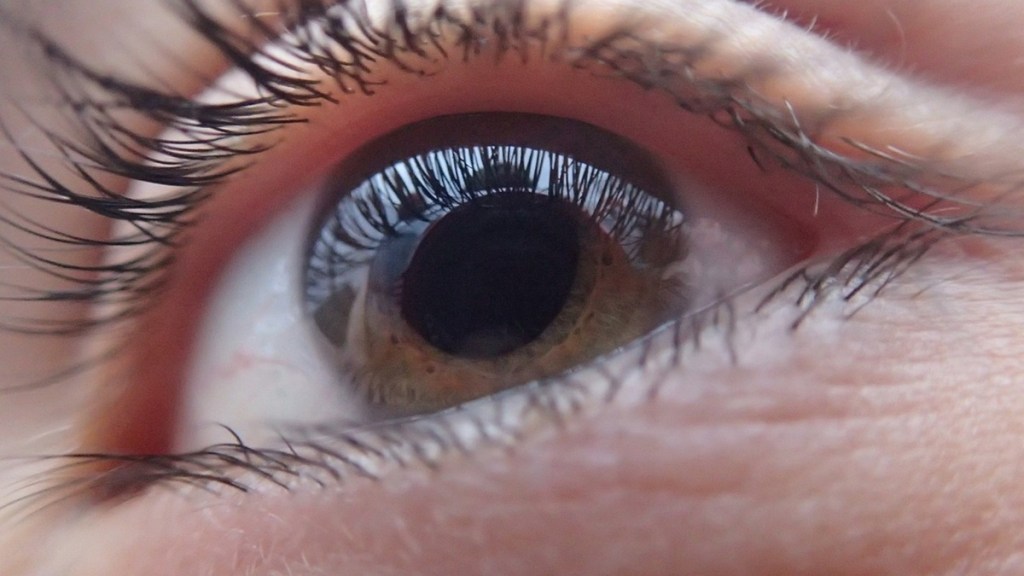Anxiety frequently co-occurs with depression, and its prevalence may increase in glaucoma patients due to the fear of potential blindness and restrictions in everyday activities. Glaucoma, a chronic and progressive eye disease, is characterized by optic nerve damage and visual field loss. It is the second leading cause of irreversible blindness worldwide, affecting over 10 million people globally.
In 2013, the global prevalence of glaucoma was estimated at 64 million people, which rose to 80 million by 2020. Treatments for glaucoma typically involve the use of multiple eye drops to control intraocular pressure. If medications fail to prevent further damage, surgical intervention is often necessary. Unfortunately, any optic nerve damage caused by glaucoma is irreversible, even with treatment, as the disease continues to progress despite therapeutic measures.
According to Dr. Santosh Bhide, Senior Consultant and Eye Surgeon at Ruby Hall Clinic, Pune, this persistent threat of vision loss often results in higher rates of depression and anxiety among glaucoma patients compared to the general population.
Depression, in particular, is a frequent comorbidity observed in chronic diseases like glaucoma. Studies have reported the prevalence of depression in glaucoma patients to range from 10% to 32%. Notably, a Chinese study revealed that glaucoma patients were four times more likely to be depressed than those with cataracts, though the anxiety levels between the two groups did not differ significantly.,” Dr. Bhide told Financial Express.com.
The stark difference lies in the nature of blindness caused by these conditions. While cataract-induced blindness is reversible through surgery, blindness caused by glaucoma is permanent. Cataract surgeries restore vision effectively, but glaucoma treatment involves long-term medication and multiple surgical procedures, often leading to significant psychological stress for both patients and their families.
This psychological toll underscores the urgent need to address mental health concerns at the community level to improve the quality of life for glaucoma patients. Identifying those at higher risk of depression and anxiety can help curb this growing concern and ensure better mental and emotional support alongside medical treatment, he said.


